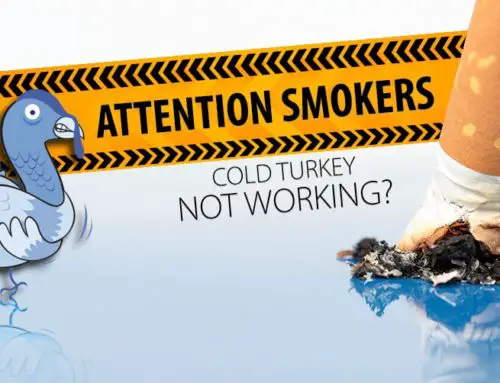The possible side effects of quitting smoking and the ways to deal with it
Many people who wish to quit smoking often fail to take those crucial first steps fearing the possible side effects. The intensity of the side effects of quitting smoking depends upon how dependent on nicotine is the smoker’s body. Certain physical and psychological side effects are common among ex-smokers in the first few weeks of quitting smoking, although they may be mild for some and heavy for others. Let’s look into them in detail.
Physical effects after quitting smoking
The most severe withdrawal symptoms peak within the first 2 weeks of quitting smoking. For heavy smokers, abandoning their smoking habit brings up several unintended and uncomfortable physical symptoms, especially when compared to light smokers. The following short-term physical side effects may be observed after quitting smoking.
- Headaches
- Increased Sweating
- Intestinal problems like cramps and nausea
- Increased coughing or respiratory problems
- Tingling or slight irritation in the limb areas
- Slightly weakened body
- Constipation and other digestive problems
Most of the above quitting smoking side effects usually disappear after 2 weeks of stopping the habit. But for excessively heavy ex-smokers such problems could sometimes persist for around a month.
Psychological effects after quitting smoking
It could be hard for majority of the ex-smokers to deal with the consequent psychological effects after abandoning smoking. It’s during these times that dealing with the quitting smoking side effects become extremely difficult for many, with many even abandoning their initiative. Some common psychological symptoms include:
- Irritations and mood swings
- Anxiety
- Insomnia
- Depression and frustration
- Tightness in the chest
Dealing with withdrawal
The support of professional counselors and loved ones is immensely important in order to help willing people abandon their smoking urges. Especially during the first few weeks, people around the smokers need to be very supportive of the initiative of a person to be free from the habit. Constant consultation with professionals is essential in such times. In the most difficult cases, many smokers have been observed to stop smoking by hypnosis method. You can deal with your withdrawal symptoms if you have the will and the adequate support behind you. Just be confident of the fact that withdrawal symptoms are very short lived.
Just be confident of the fact that withdrawal symptoms are very short lived. Have a glance on the harmful effects of tobacco smoking. Convince yourself and stop smoking now.
Source Articles:






Leave A Comment
You must be logged in to post a comment.